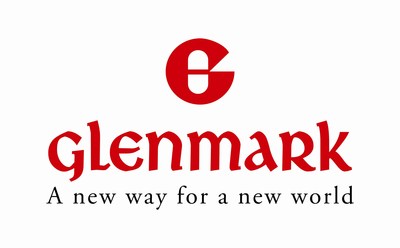Translumina becomes only company in the world to publish 10-year follow-up data on two DES technologies
Translumina, a global developer and manufacturer of innovative cardiovascular medical devices used in interventional cardiology and minimally invasive surgery, announced that Journal of the American College of Cardiology (JACC), which is amongst the top publications in the world for cardiology with a high impact factor as per Journal Citation Reports, has published 10-year follow-up data on its dual-drug polymer-free Drug Eluting stent (DES) VIVO ISAR last week describing its excellent efficacy and safety profile.
Many studies have proven that polymers are pro-inflammatory and may cause stent thrombosis. However, the use of polymers has been necessary in current generation DES as they control the release kinetics of the drug by acting as a carrier for drug loading and release. VIVO ISAR is the first technology that uses Probucol, an antioxidant and lipid lowering drug, as a carrier for releasing Sirolimus (an anti-restenotic drug) and thus creates for a polymer free DES platform.
 “The 10-year result of VIVO ISAR is a major breakthrough in DES technology as it proves that synthetic polymers can be removed from a DES without compromising the efficacy of the DES. The excellent safety profile proven over 10 years also reassures the cardiologist for the longevity of the clinical results for treating complex coronary artery disease in high-risk patient subsets. This DES technology carries the great potential of significantly shortening the duration of dual-antiplatelet therapy,” said Dr. Adnan Kastrati, Director, Cardiac Cath Lab, German Heart Centre, Munichand also the lead investigator of ISAR TEST 5, the trial that compared VIVO ISAR to Endeavour Resolute (Medtronic Inc. USA).
“The 10-year result of VIVO ISAR is a major breakthrough in DES technology as it proves that synthetic polymers can be removed from a DES without compromising the efficacy of the DES. The excellent safety profile proven over 10 years also reassures the cardiologist for the longevity of the clinical results for treating complex coronary artery disease in high-risk patient subsets. This DES technology carries the great potential of significantly shortening the duration of dual-antiplatelet therapy,” said Dr. Adnan Kastrati, Director, Cardiac Cath Lab, German Heart Centre, Munichand also the lead investigator of ISAR TEST 5, the trial that compared VIVO ISAR to Endeavour Resolute (Medtronic Inc. USA).
“It is a proud moment for Translumina as we become the first company in the world to present 10-year data for two breakthrough DES technologies which have redefined the paradigms of safety and efficacy. With polymer-free VIVO ISAR, we are pioneers of third-generation DES where doctors will not be required to prescribe long antiplatelet therapies to patients undergoing PCI to overcome the ill effects of polymers as seen in first and second-generation DES,” said Gurmit Singh Chugh, MD and Co-founder, Translumina.
In 2018, Translumina became the first company in world to present 10-year follow-up data on its biodegradable polymer DES, Yukon Choice PC, in a head-to-head study against Xience (Abbott Inc. USA). The study, called ISAR-TEST 4 trial, was presented at the 2018 American Heart Association meeting and was simultaneously published in circulation.
Everstone Capital invested in Translumina in 2019 to further strengthen its research & development pipeline, scale its manufacturing operations and expand its global footprint to transform Translumina into a leading multinational medical devices company.




